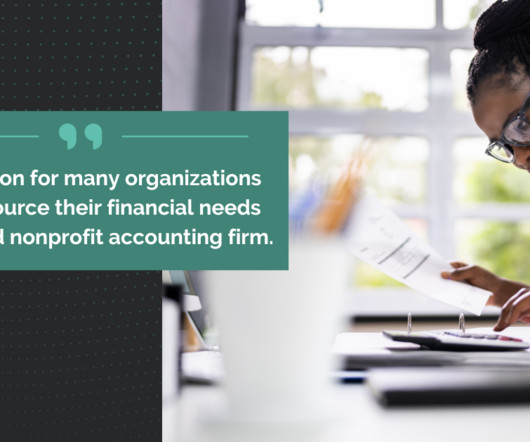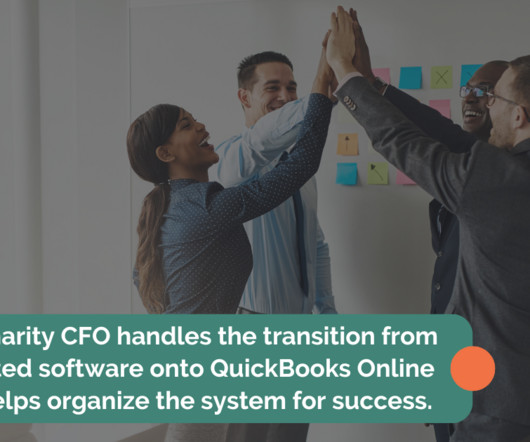The Key Differences Between a Controller and a CFO in Small Businesses
CFO Share
JULY 16, 2024
A controller primarily oversees accounting processes, ensuring accurate financial records and compliance with regulations. Purpose of the Role The controller ensures financial reporting compliance and accuracy while preventing and detecting fraud. A CFO is innovative, high-level, and less detail-oriented.















Let's personalize your content